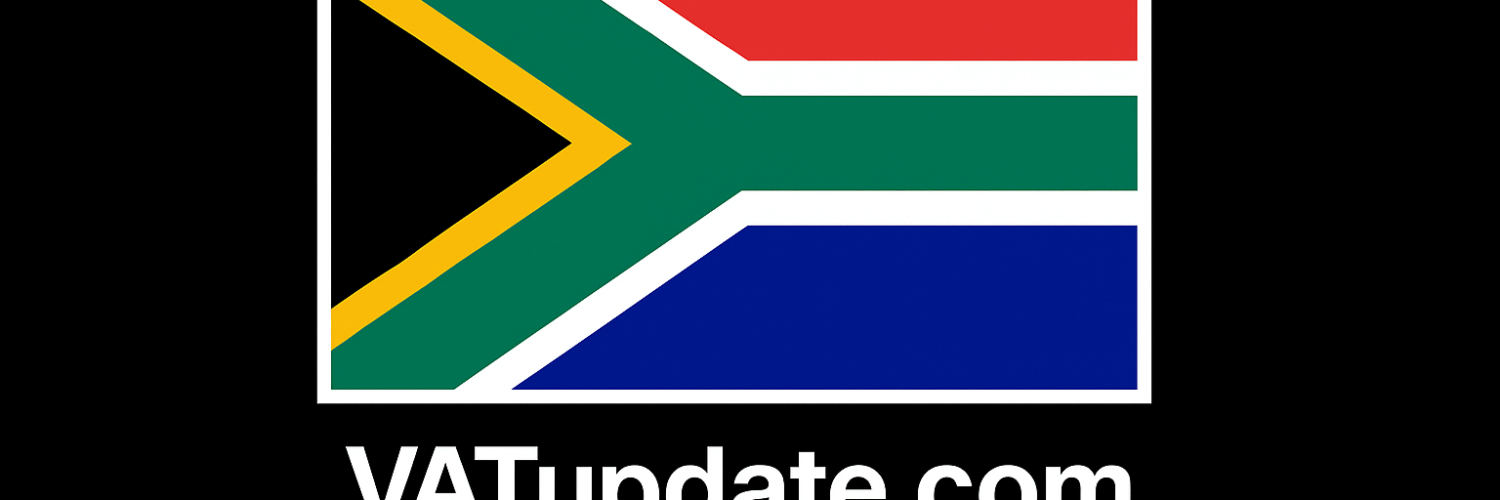Briefing Document: South Africa VAT Modernisation Project
Executive Summary:
South Africa is undertaking a significant overhaul of its Value-Added Tax (VAT) system, driven by the VAT Modernisation Project spearheaded by the National Treasury and the South African Revenue Service (SARS). This initiative aims to digitize VAT reporting, enhance compliance, improve efficiency in tax administration, and reduce the substantial VAT gap. Key components include the introduction of mandatory e-invoicing and e-reporting, underpinned by an interoperability framework. The 2025 Draft Tax Administration Laws Amendment Bill (TALAB) provides the legal foundation for these changes. Implementation is anticipated to occur in phases, with a potential full launch using a Peppol-based 5-corner model targeted for 2028 or later. Businesses need to prepare for these changes by assessing their current systems, improving data quality, and exploring e-invoicing solutions.
Key Themes and Ideas:
- VAT Modernisation Project: Objectives and Goals
- Digitization and Efficiency: The primary goal is to digitize VAT reporting to enhance efficiency in tax administration and improve customer service. Multiple sources note this objective.
- Reducing the VAT Gap: A significant driver of the modernisation project is to reduce the VAT gap, currently estimated at R800 billion annually. As the Comarch source states, the VAT Modernisation Project aims to “reduce the VAT gap, currently estimated at R800 billion annually.”
- Real-time Data Transmission: A core objective is to introduce real-time data transmission from vendors to SARS.
- Streamlining Administration: The project aims to streamline administration for both businesses and SARS through automation and integration.
Legislative Framework: The Draft Tax Administration Laws Amendment Bill (TALAB)
- Legal Foundation: The TALAB provides the legal foundation for SARS’s VAT Modernisation Project.
- Public Consultation: The 2025 Draft TALAB was released for public consultation, indicating a collaborative approach to implementation. The Comarch document notes that the bill was “released…for public consultation, open until 12 September 2025.”
- Key Definitions: The draft introduces essential definitions for e-invoice, e-reporting, and the interoperability framework, setting the stage for future obligations.
Key Definitions:
- E-Invoice: Defined as “a tax invoice that must be issued, transmitted, and received in a structured electronic format, suitable for automatic processing.” Additional technical requirements will be determined by the Minister.
- E-Reporting: Defined as “the electronic submission of tax data extracted from e-invoices, e-debit notes, and e-credit notes to SARS, suppliers/service providers, and recipients, where applicable.”
- Interoperability Framework: Defined as “a network of approved service providers that enables decentralized exchange of e-documents (e-invoices, debit notes, credit notes) and ensures interoperability between suppliers and recipients.”
Implementation Timeline and Model:
- Phased Approach: Implementation will likely be phased, starting with voluntary adoption before becoming mandatory. “Implementation will start voluntarily and may become compulsory”
- 2028 Target (Potentially): A potential launch date for a full Peppol-based model is targeted for 2028 or later, allowing for stakeholder consultation and system development.
- Peppol-Based 5-Corner Model: SARS is considering a 5-corner Peppol model for real-time VAT transaction reporting.
Impact on Businesses:
- New Compliance Obligations: Businesses should anticipate new compliance obligations for electronic document exchange and reporting.
- Technical Requirements: Future regulations will detail the technical framework for e-invoicing and e-reporting.
- Adaptation Required: Businesses will need to adapt to real-time data sharing with SARS, making tax data quality and governance critical.
- Early Preparation Advised: Businesses are encouraged to assess current systems, improve data quality, and explore e-invoicing solutions to prepare for the upcoming changes.
- **Potential Disruption**: Businesses must be ready to adapt to potential changes in the way invoices are processed.
Expected Benefits:
- Reduced Fraud and Evasion: E-invoicing and real-time VAT reporting are expected to reduce tax fraud and evasion.
- Streamlined Processes: VAT return preparation will be streamlined, leading to improved accuracy and audit readiness.
- Lower Costs: Lower administrative costs and improved cash flow are anticipated.
- Improved Tax Compliance: SARS expects quicker responses to non-payment, better analysis of taxpayer behaviour, and overall improved tax compliance and collection.
International Models:
- Benchmarking: SARS has studied similar initiatives in countries like Italy, Chile, India, Uganda, the EU (ViDA), and the UK, evaluating different models and implementation strategies.
- Continuous Transaction Control: The selected model is likely to include elements of Continuous Transaction Control (CTC).
Preparing for the Change:
- Current Systems: Business can assess their current systems and processes to determine the best way to move forward.
- Data Quality: Data accuracy will be critical moving forward.
- E-Invoicing Solutions: Begin exploring which e-invoicing solutions will be the best to integrate with their business systems.
Key Quotes:
- “Introduce real-time data transmission from vendors to SARS, changing how VAT is reported, monitored, and enforced.”
- “E-Invoice – A tax invoice that must be issued, transmitted, and received in a structured electronic format, suitable for automatic processing.”
- “The potential launch is 2028 or later.”
- “Businesses will need to adapt as SARS will access data in real time.”
Conclusion:
South Africa’s VAT Modernisation Project represents a significant shift towards a digital tax administration system. While the full implementation is still some years away, the direction is clear. Businesses that proactively prepare for these changes will be best positioned to leverage the benefits and ensure compliance.
Sources
- See also
- Join the Linkedin Group on Global E-Invoicing/E-Reporting/SAF-T Developments, click HERE
Latest Posts in "South Africa"
- South Africa Raises VAT Registration Thresholds in 2026/2027 Budget Proposals
- South Africa’s Transition to E-Invoicing and Digital VAT Reporting: Plans, Timeline, and Objectives
- SCA Clarifies “Enterprise” Scope Under VAT Act: SARS v Woolworths Holdings Ltd Explained
- South Africa to Launch Real-Time VAT Compliance with E-Invoicing by 2028, Says SARS
- South Africa to Mandate E-Invoicing and Real-Time VAT Reporting by 2028














